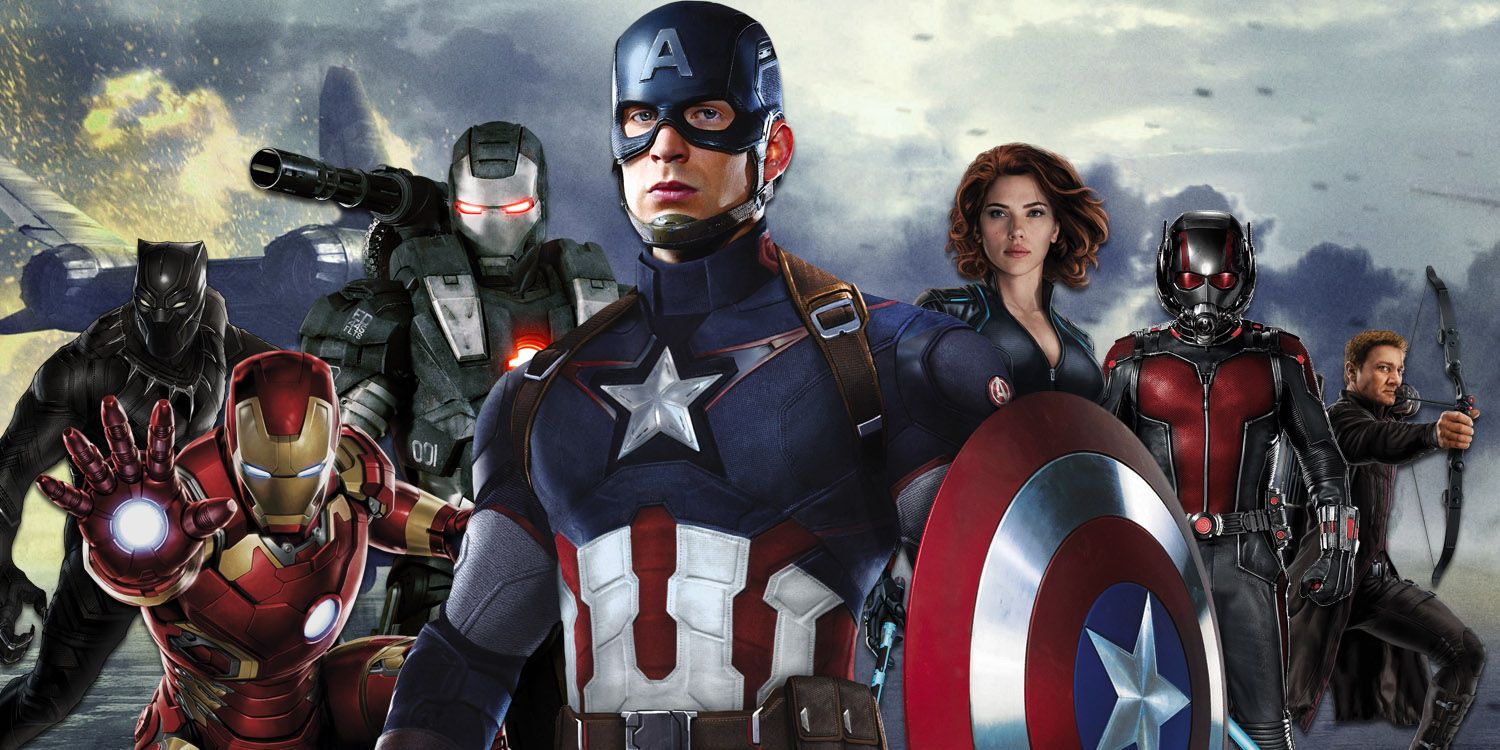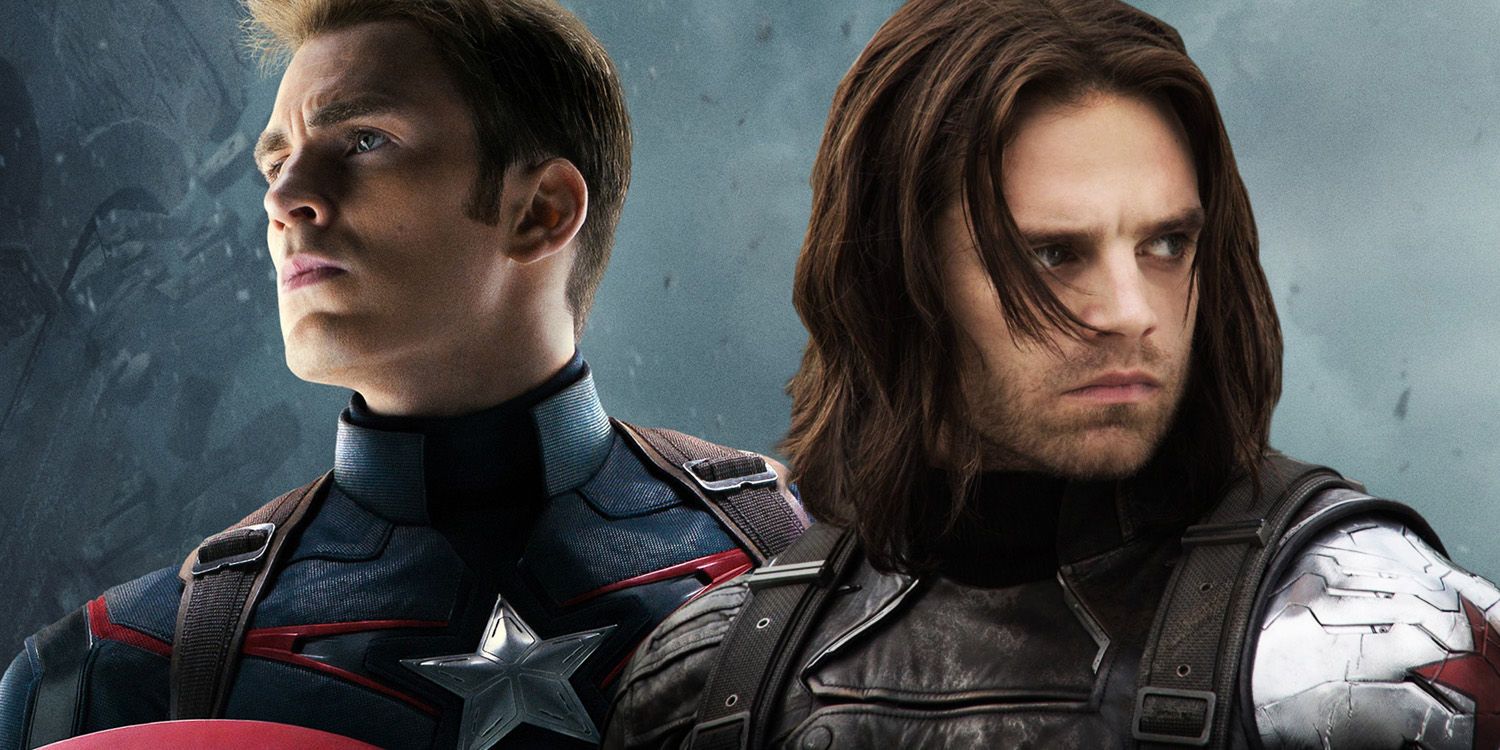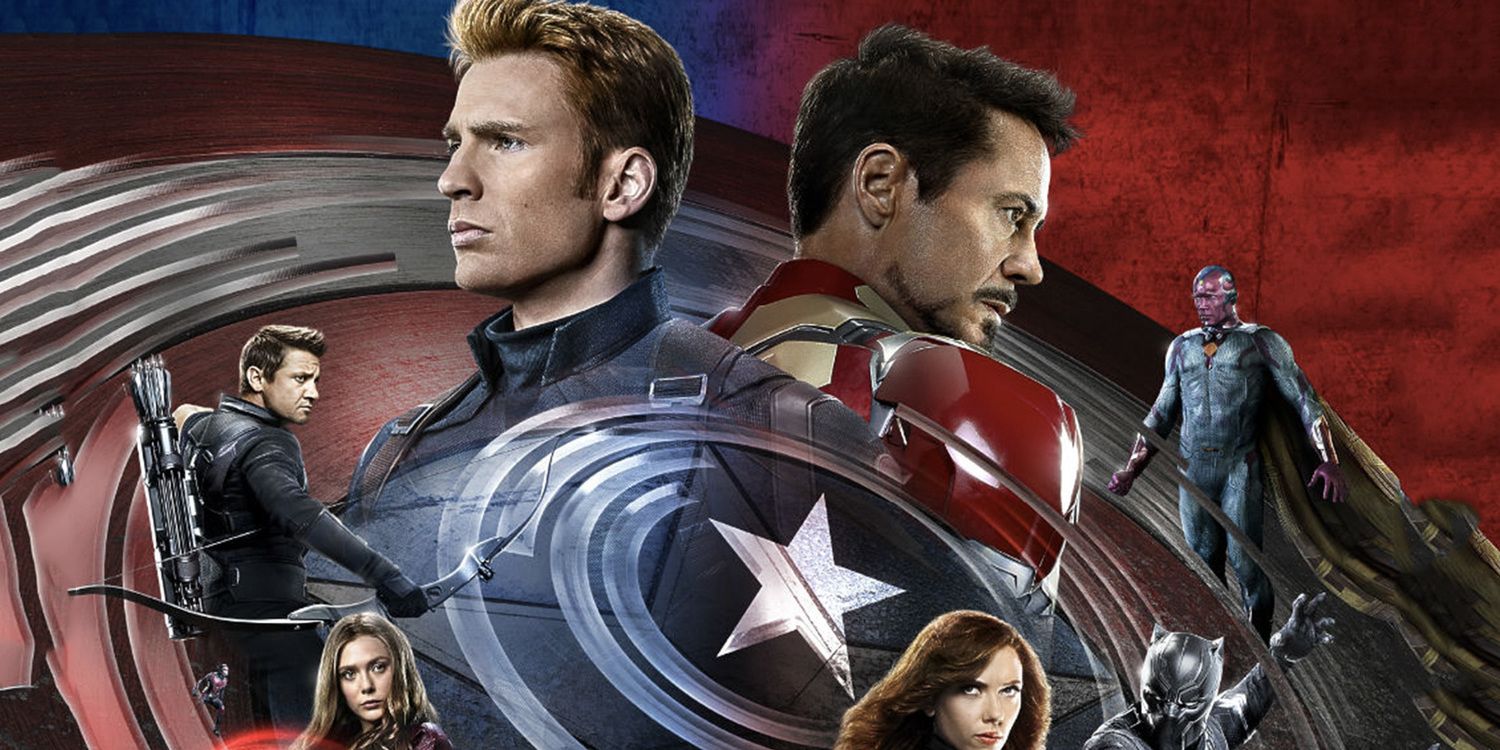Fans are eagerly awaiting the release of Captain America: Civil War, and Marvel's creative marketing for the film just keeps stoking the excitement. Even though the story deviates from the source material, all indicators point to Civil War being a major hit with fans and at the box office.
According to Kevin Feige, the man behind the curtain for the Marvel Cinematic Universe, the original plan for Captain America 3 was quite a bit different.
Speaking to io9, Feige revealed that the original plan for Cap 3 was to do a direct follow-up to the end of Captain America: The Winter Soldier and answer the questions that remained about Bucky. According to Feige:
“We developed Captain America 3 knowing we wanted to continue the Bucky story. Is Bucky going to get his mind back? What is Bucky struggling with, after the tag scene on Winter Soldier, and how does Steve’s desire to save Bucky bring him into conflict with something else, thinking about how do the sins of his past sort of affect him? And [writers] Chris [Markus] and Steve [McFeely] came up with a number of cool plots that could’ve worked, but none of them were feeling worthy of a follow up to Winter Soldier.”
The writers for Civil War also chimed in on the original plans for the film. Stephen McFeely explained that Bucky's plot in Civil War is related to the original plans for the sequel, saying "Even before Civil War came down the pike, we were already working on the Bucky part of it all." His co-writer Chris Markus expanded on this, saying:
“Do you put [Bucky] away for a while? Do you bring him back? And how do you not tread the same ground? It would be very easy to bring Winter Soldier back and fight him again. We plotted out a movie that wasn’t Civil War, but that had sort of the central spine that you still see, with Zemo and Bucky and a couple of the set pieces. And the further you probe into the effects of the Winter Soldier on the [Marvel Cinematic Universe], by not bringing in other people, we’re actually ignoring content.”
Feige went on to explain that he had personally always wanted to do a movie based on Civil War, and as the Captain America sequel continued its development it just seemed more and more appropriate to turn it into the Civil War story. Admitting that it seemed unlikely to come together, he explained:
“I thought, if we’re going to do Civil War, which I always wanted to do, this is the time to do it. All we have to get is this, this, this and this. ‘Okay, well the odds of that are very slim.’ ‘Okay, but if we could, what would it be?’ Chris and Steve started to chart out various versions of the movie. [Versions] without Iron Man, [versions] without Spider-Man—but we’re very lucky we got to make the whole one. The one we really wanted do.”
Of course, this isn't necessarily new information; when it was still undecided whether Robert Downey Jr. would join on for the film, it was obvious that there was a chance that Captain America 3 might not be Civil War. Without RDJ as Iron Man, the film just wouldn't have been possible. Screen Rant also asked the Russos about this directly during a recent press junket, and they explained that not only wasn't the film originally going to be Civil War, but they weren't even sure as to what their Plan B would be if Robert Downey Jr. didn't come onboard.
"It wasn’t Civil War from the start. It was something that we were discussing and we had in the back of our minds, and we knew that if we were going to come back and do another Cap film, we wanted to do something radical and make another strong choice for the character. We were looking for storylines that would allow us to do that, and we just kept coming back to Civil War as the storyline that would give us the most juice – storytelling juice – and challenge Cap as a character more extremely than any other plot that we came up with in the exploratory phase."
"We did put ourselves in the position, both with Robert and with Spider-Man, where we were hanging out there quite a bit. We committed on a storytelling level to both characters and we just, you know, willed those into existence."
Fortunately, Robert Downey Jr. appreciated being needed for the film and signed on. Fans will certainly appreciate him too, since early impressions and critical reviews seem universally positive about the film. Thanks to a bit of serendipity, everything seems to have fallen into place to make a worthy successor to The Winter Soldier and what some fans believe will be the best Marvel film to date.
Next: Jon Favreau Reflects on Iron Man's Journey to Civil War
Captain America: Civil War will release on May 6, 2016, followed by Doctor Strange– November 4, 2016; Guardians of the Galaxy 2 – May 5, 2017; Spider-Man: Homecoming – July 7, 2017; Thor: Ragnarok – November 3, 2017; Black Panther – February 16, 2018; The Avengers: Infinity War Part 1 – May 4, 2018; Ant-Man and the Wasp – July 6, 2018; Captain Marvel – March 8, 2019; The Avengers: Infinity War Part 2 – May 3, 2019; Inhumans – July 12, 2019; and as-yet untitled Marvel movies on May 1, July 10 and November 6, 2020.
Source: io9



